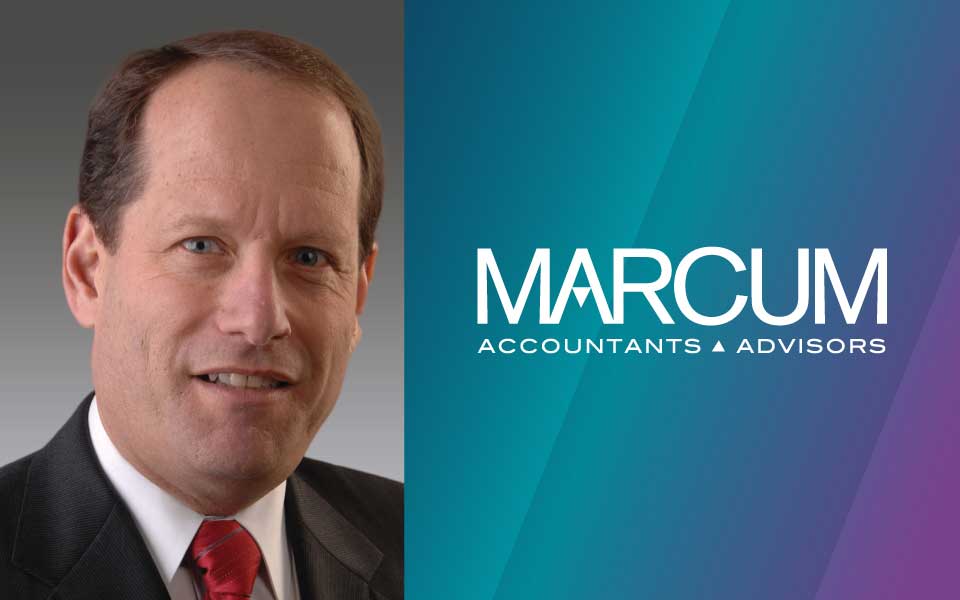Alan Markowitz, Assurance Partner, Quoted in New Jersey Business Journal Article – Move to adopt global accounting standards could be costly
New Jersey Business Journal
By Martin C. Daks

Excerpt:
Small firms could feel impact from changes in financial reporting
A move to adopt global accounting standards could hit small businesses in New Jersey and the rest of the nation in the wallet, insiders said.
Companies of all sizes may incur the expenses associated with a learning curve when they switch from preparing their financial statements under traditional generally accepted accounting principles, or GAAP, to some form of IFRS — short for international financial reporting standards — as the nation moves toward convergence with the rest of the world.
Change may be good, but it usually carries a cost, said some accountants.
“The IFRS rules will initially mainly affect large, publicly held companies,” said William A. Kowals, a partner with the Roseland-based CPA firm J.H. Cohn. “But there’s likely to be a trickle-down effect, since the convergence that the U.S. Financial Accounting Standards Board and the International Accounting Standards Board have been working towards will probably result in new accounting pronouncements that will eventually affect everyone.”
Even if FASB doesn’t explicitly require privately held enterprises to abandon the current domestic rules that govern financial statement reporting in the United States, banks and other lenders could pressure businesses to adopt international standards as a way to avoid having to judge loan or other applications under two different standards.
“There could be some significant changes in financial reporting,” Kowals said.
In late 2008, the SEC issued a proposed plan that could require publicly held companies to use international standards by 2014, according to FASB.
“If that timetable holds, we could see some pressure on privately held companies to adopt international standards after 2015,” Kowals said.
For business owners, the changeover would at least involve some training, and reprogramming or replacing software programs, since the format of financial statements — not to mention bottom-line results — often are different under international accounting standards.
That’s where the kicker comes in, said Alan Markowitz, a partner at the Roseland office of CPA firm Marcum LLP.
“Any kind of change carries some cost,” Markowitz said. “One of the probable changes involves accounting for the cost of goods sold,” a computation that can affect a firm’s bottom-line profit or loss.
That may not prove too severe an impact, but another change could have a big impact.
“As part of the convergence with international standards, FASB is considering significant changes to lease accounting,” he said. “It may require all leases to be recognized on the balance sheet and amortized over a period of time, potentially adding a significant liability to a company’s balance sheet, and possibly putting it in violation of certain loan covenants.”
The problem is that a loan may require a company to keep its debt ratio at or below a certain level and, recognizing the entire lease cost, or at least the net present value of the cost, as a liability on the balance sheet could boost the debt portion of a company’s debt to equity or other ratio to a level that jeopardizes an existing loan even though there’s been no change to the underlying cash flow.
Currently, a company’s treatment of a lease is generally determined by the way the lease is structured.
“Right now, the best thing a business owner can do is to stay in touch with his or her tax adviser and keep track of what’s going on,” he said. “And if accounting standards do change, be prepared to talk to your banker.”







